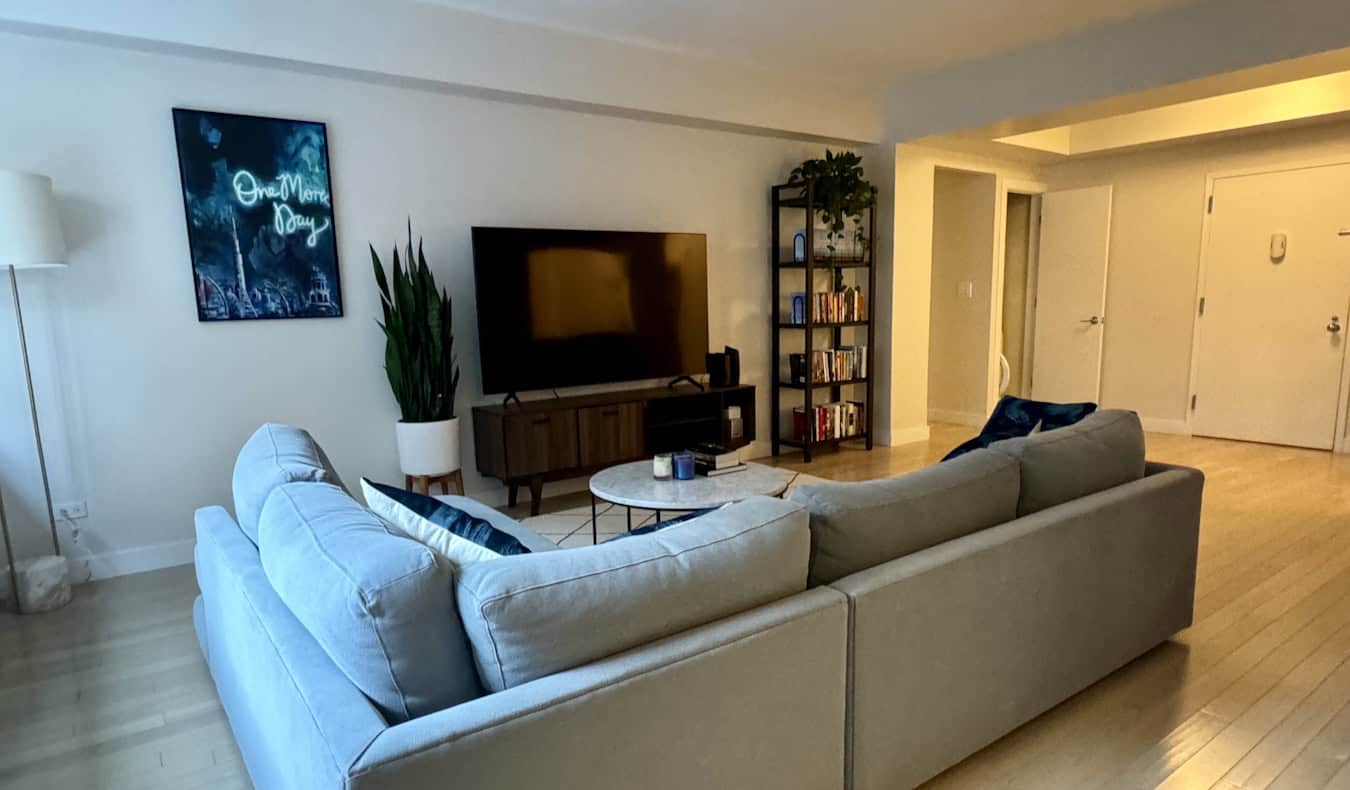I’m on the easiest bit of one of the easiest legs of the GR20 – the self-styled hardest trek in Europe – so naturally here I am alone, lost in a cloud, with hands so cold I am seriously considering peeing on them.
In the guidebook, this was billed as a shortish, flattish day, a mere 10.2 miles (16.5km) with 670 metres of ascent. I had it circled as one to enjoy. Perhaps if it were warm, I would have a dip in Lac de Ninu, douse the fires in my calves. But when hail came, adding spikes to a slapping wind, and thunder began beating a drum behind the blank grey horizon, I thought: “Better put more layers on than take off.” I struggle with the zips, but just about find enough digital strength without resorting to anything unsanitary.
The mist on the high plain of Bocca a Reta is total, snuffing any flickers, muffling any sound, shrinking the world to an alien dome. A black salamander shivers in a divot. Bells clang softly from the necks of unknown beasts. I stop, just as shadows muster at the edge of my visible limit, and soon a man floats into range. He hurriedly relays directions, scratching a map in a sandy hollow. Finding the next refuge, Manganu, seems to depend on being able to see the lake. A bedraggled teenager trundles towards us and meets us with a wince. I wish them bon courage and march on.
Soon the mist lifts enough for me to spot a flag of Corsica, suggesting somehow I have made shelter, despite seeing not a drop of a lake. I poke my head inside the shack to see an old man with a cloth cap covering half his face, and a beard covering the rest. He is sipping a morning pastis and staring into a fire that fills the damp air with woodsmoke. I stamp my feet and shake off some rain, but still he doesn’t turn around. This doesn’t feel right. I look into my guidebook and realise this is not Manganu, but just over a mile north at the Vaccaghja Bergerie. This is, in fact, the stone living room of a shepherd called Noel. He’s seen too much for strays to faze him. Every summer, since that beard was adolescent stubble, he’s been practising transhumance, bringing goats up to graze the mountain grass.
When finally I reach Manganu, I open the door to the refuge and feel the warmth of the gas stove. Wet things are dripping and steaming from every hook. All around me are those I have been walking with for the last few days, clutching mugs or slicing saucisson. Miriam and Valentin catch my eye and shuffle along a bench to make room. I had met them on the first night, up on the eyrie of Ortu di u Piobbiu refuge. While I was busy watching the sun slide away from the valley, the fierce wind was busy lifting my tent from its mooring. I noticed, just as the canvas began cartwheeling down the hill, and in a mad dash grabbed it before it neared a precipice. When I returned to my camp spot, Miriam and Valentin were waiting. They had seen the pantomime and, taking pity, taught me how to pitch when pegs don’t get much purchase by using rocks to slip into the loops where the pegs would normally go. Here they are again, offering a smile, a coffee, a biscuit. We look at the shaking windows and can’t help but laugh: this was supposed to be the easy day.
The GR20 is long – a nearly 125-mile wiggle down the spine of Corsica between Calenzana and Conca – but it’s the height that hurts: 12,700 metres up and down mountains that do not provide welcome. It’s less a walk, more a 10 to 15-day challenge of body mobility. During the first half in particular, one must crawl, clamber, slide and slither over rocks of all types: half-melted bowls, huge flat boulders, rods and ingots of grey and pink. Tiny holds are sole protection from endless falls. Everyone calls it the hardest trek in Europe; they have a point.
So, why bother? Beauty is part of it, of course, at least when the weather behaves. These are places accessible only by foot and hand, with all the spectacle and savagery that implies. Jagged peaks cut soft yellow skies. Waterfalls leap from cliffs. Cols tumble into cauldrons of stone so deep and steep-sided they could hide bandits for decades. However, these are known treasures, equalled or bettered elsewhere. So, again, why?
after newsletter promotion
On the morning of the final day I figure it out. I look up from the rocky plateau of Paliri Refuge to the morning star, hanging above the pines in a virgin sky. The sea, not seen since day two, sleeps under a grey quilt. Soon the sun peeks over the horizon and paints colour across the clouds: purple, peach, a turquoise that belongs in dreams. I take my phone out for a photo, but the scanner doesn’t recognise my worn thumbs. I look to my scarred knee, shivering in the cold, and my grimy fingernails, and then to those all around. Everyone is dirty and hobbling as they gather tents for the final descent. When we catch each other’s eye, we smile. It’s been hard, and we’re tired, but, it’s clear now, the difficulty was the point – because now we know we can do hard things.
That even when waking up in a hill station with freezing wind whipping the tent, back aching from a night on rock, tendons stiff from yesterday, stomach in pieces from a sketchy stew, with rain coming to slick the rocks, and scree subtracting a fifth from every step – that eight hours walking up and down a mountain is possible. That every day’s challenges are soluble. All those mornings when the task seemed too much, we packed up, put our feet on the floor, completed one step, then another, and somehow made the summit. It made the difficulties of normal life seem manageable.
The essence of story is journey and return. A protagonist enters the woods and, in overcoming a trial, gains some wisdom to bring home. Stories are told to excite and entertain, but also to explore sides of human nature that normal life rarely reveals. Hard holidays work the same way. One leaves home, with its trinkets that comfort and coddle and, in devoting every energy to a challenge, none is left to ponder regrets, or sustain petty grievances. In their place, vital truths surface. That one can utter the phrase, “Oh, thank God, they have toilet paper,” and absolutely mean it. That the most banal bromide can hold the most beautiful truth. That happiness is not about new stuff, better clothes, a bigger house; nature and connection are worth far more. That we’re strong and we can do impossible things. Like walking up mountains. Or just being happy. And we pack all that knowledge in our bags and take it down the mountain.






